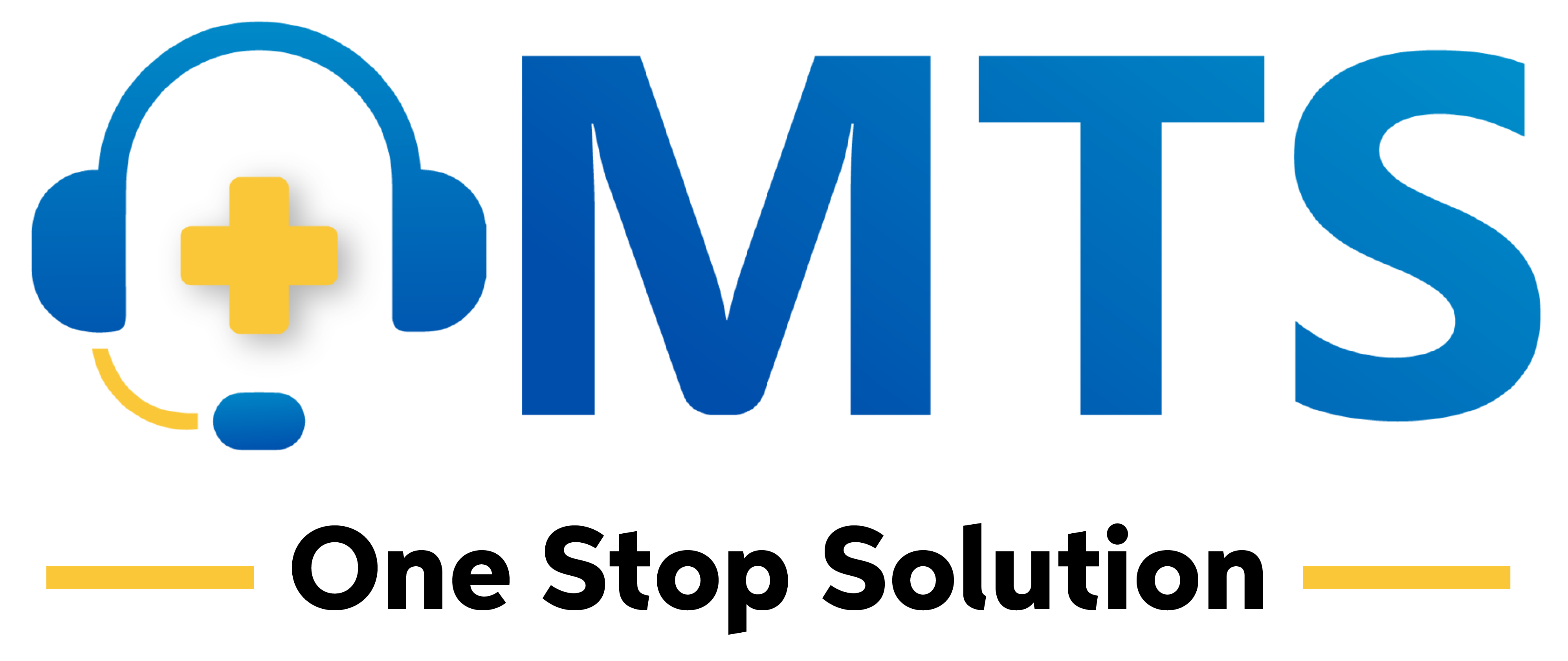In the world of healthcare, patient data is the crown jewel, and protecting it is not just good practice—it’s the law. The Health Insurance Portability and Accountability Act (HIPAA) was enacted to ensure the security and privacy of patient information, and it extends its reach to medical transcription services.
HIPAA compliance in medical transcription is critical because it involves the handling of highly sensitive patient data. When healthcare providers employ transcription services to convert audio records into written format, they entrust these service providers with confidential medical information.
Ensuring HIPAA compliance in medical transcription involves a multi-faceted approach. Service providers must have robust security measures in place to safeguard electronic patient records. This includes encryption, access controls, and audit trails to track who accesses patient information and when.
Additionally, transcriptionists and service providers must undergo HIPAA training to understand the regulations and the gravity of non-compliance. They must also sign confidentiality agreements to legally bind them to maintaining patient privacy.
From a technical standpoint, any platforms used for transcription must be secure and encrypted, and regular security audits should be conducted to identify and address vulnerabilities.
In conclusion, HIPAA compliance in medical transcription is not just a checkbox on a list of regulations; it’s a commitment to the fundamental principles of patient confidentiality and data security. It ensures that patients can trust their healthcare providers with their most personal and private information.


